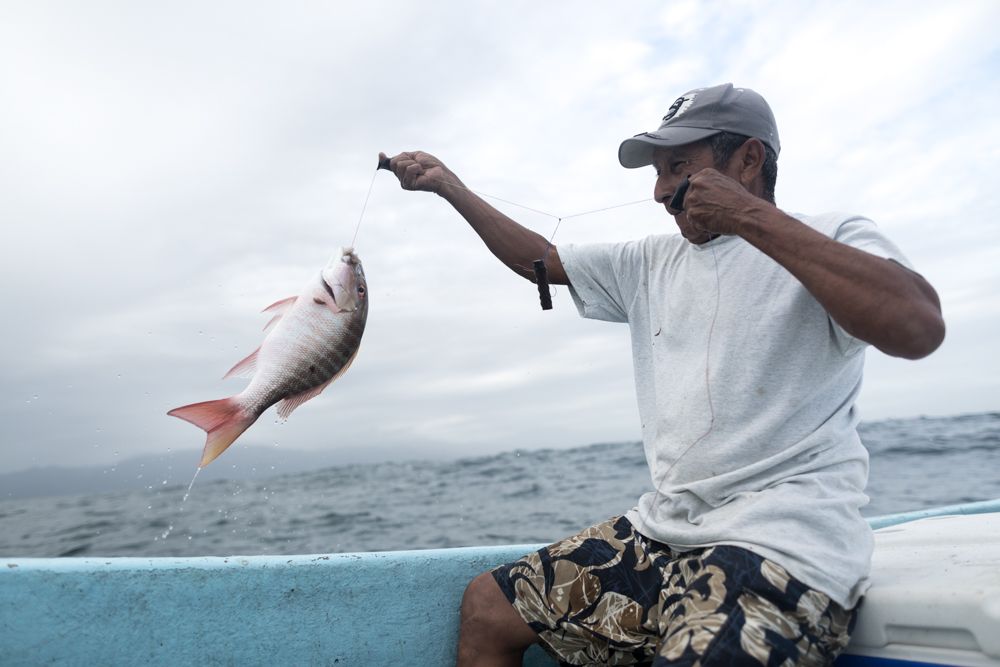 Blogs
Blogs
January 14, 2021 • 4 min read
By Kevin Naughton
Covid-19 means record number are in need of aid, GOAL stands ready to help those in need.
Each year, the United Nations publishes its ‘Global Humanitarian Overview’. This report, released on 1st December 2020, considers how much assistance is needed to help the most vulnerable communities over the next 12 months.
A year ago, the UN projected 168 million people would be in need of assistance. Now, as a result of the pandemic, the number has jumped to 235 million.
The report shows that $35 billion is needed to help the most vulnerable in 56 countries, mainly in Africa and the Middle East. Extreme poverty has risen for the first time in 22 years with women and children being hardest hit.
As 2021 begins we look at the top five humanitarian challenges, and how GOAL is preparing to address these.
-
Famine
In the developing world, it’s feared the knock-on effects of the pandemic will exceed the immediate impact. Local economies and food supplies are coming under increasing pressure. It’s estimated that an extra 270 million people will face starvation as a result of the pandemic and subsequent lockdowns.
Fortunately, famines have become rarer and rarer in recent years. However, risk of famine is growing in a number of developing countries. South Sudan, where GOAL has teams on the ground, is a huge concern.
“Famines are back” are the words United Nations Under-Secretary-General for Humanitarian Affairs has recently used to describe the situation.
GOAL is working in 14 countries to ensure food security. In South Sudan, GOAL is working with its partners such as the Foreign, Commonwealth and Development Office (FCDO) to build a more resilient food supply for over 20,000 households. This has included the provision of hundreds of canoes for local fishing communities with limited or no access to boats.
-
Covid-19 Pandemic
The pandemic has had a varied impact on the developing world. Some countries in Central America and the Middle East have seen a surge of cases.
However, all of the countries we work in countries have limited healthcare systems making any outbreaks more severe. In Niger, a population of 22 million, the country only has 20 ventilators available.
In 2021, there is good news and bad news. The good news is that a vaccine is coming. The bad news is that many countries in the developing world do not have the capacity to produce or store the vaccine. Developing countries are also being outbid and priced out of early access.
GOAL and its partners are working to ensure fair distribution of vaccines to these countries. Vaccination of vulnerable communities such as those living in crowded refugee camps needs to be a priority in 2021.
-
Climate change
This time of year we are often reminded of the challenges of climate change. Whether it’s the Australian bush fire season or the annual UN Climate Change Conference, climate change is an ever present problem.
In the month of November, Honduras was hit directly by two major hurricanes, Eta and Iota. These storms brought huge devastation to the region leaving hundreds dead, thousands without electricity and water. And billions lost from local economies.
In the remote La Moskitia region GOAL is working tirelessly to help people rebuild their lives. The storms robbed thousands of their homes. And their livelihoods. Fishing communities had their boats destroyed and nets lost. GOAL is working with its partners to assess the damage and help rebuild these communities.

Fisherman involved in GOAL’s MiPesca programme.
-
Global Recession
The pandemic has seen many developing countries slip into recession. Wealthier countries are also feeling the strain. As a result, the ability, and commitment, of the international community to support those in need will be tested.
Social distancing and pandemic related restrictions will also continue to hamper NGOs’ ability to fundraise. All of this means the UN could fall below its annual target of $35 billion for international aid.
-
Conflict
Conflict not only threatens human life directly. It exacerbates severe problems such as insecure food supply, leading to malnutrition and starvation. It also creates the perfect breathing ground for Covid-19 to spread such as refugee camps.
It’s impossible to predict what 2021 will bring, but conflict looks set to continue in a number of countries in which GOAL operates. 2021 will also mark an unwelcome anniversary. It’s been 10 years since the beginning of the Syrian conflict. A war which has claimed over 500,000 lives. One thing is for sure this year, GOAL teams will continue to support displaced communities in some of the world’s most challenging environments.
